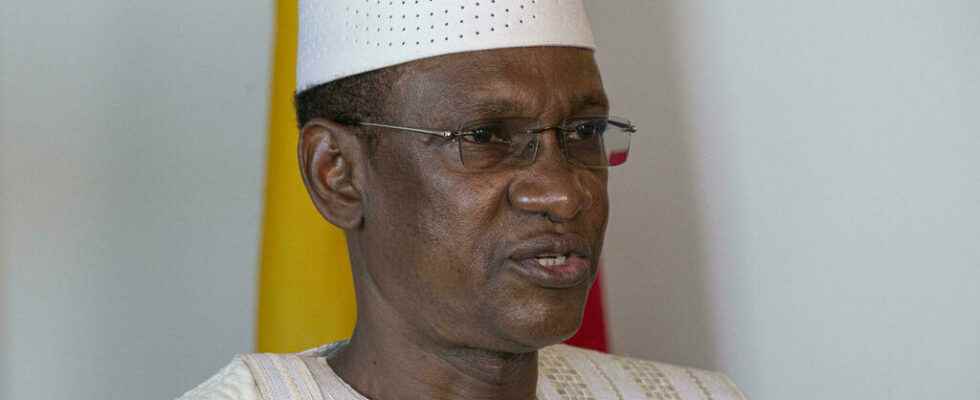The legislative body of the transition will vote at the end of the morning this Friday the validation or the rejection, very unlikely, of this particularly awaited text. This is a key measure in the action plan of transitional Prime Minister Choguel Maïga, supposed to put an end to the post-election crises that the country may have experienced. The presentation of this new law is also part of the ongoing negotiations between the Malian authorities and ECOWAS.
The military coup of August 2020, led by the current President-Colonel Assimi Goïta, put an end to the mandate of the former head of state IBK. He also put an end to several months of vast demonstrations, after legislative elections with disputed results. The new electoral law should make it possible to avoid this type of situation in the future, in particular by establishing a single electoral management body. Currently, and this is specific to Mali, the polls are managed in parallel by three different structures, including the Ministry of Territorial Administration.
The creation of an Independent Election Management Authority has long been demanded by civil society and by all Malian political parties. But some fear that its creation, in the current context of transition, will be done too hastily, or even that it could serve as a pretext to lengthen the transition period or to strengthen the control of the elections by the authorities.
Elements that will be scrutinized by national actors and by the Heads of State of the sub-region: will the content of this new law provide the guarantees expected by ECOWAS for the organization of future elections? In any case, this is the desired objective of the Bamako authorities, who thus intend to demonstrate their commitment to a return to constitutional order. This is two weeks before the next ECOWAS summit, decisive for a possible lifting of the economic and financial sanctions imposed on Mali for more than five months.
► To read also: Mali: what is the new deal for negotiations between Bamako and ECOWAS?
